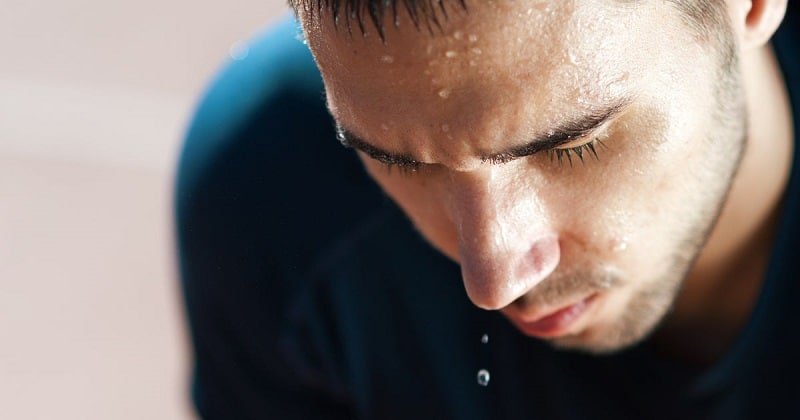One of the challenges that people with diabetes often experience is their inability to maintain a steady body temperature. Having varying blood sugar levels makes it difficult for the body to produce the right amount of sweat and balance the body temperature.
Here, we listed the three different types of sweating problems associated with diabetes mellitus.
Types of Sweating Problems with Diabetes
Hyperhidrosis
Hyperhidrosis refers to excessive sweating in particular body regions, such as the hands, feet, armpits, and face. When blood sugar levels spike alongside excessive sweating, it indicates autonomic neuropathy. It involves damage to the nerves that disturb different body functions. Hyperhidrosis is also linked with obesity, which is one of the main reasons diabetes happens.
Gustatory Sweating
Gustatory sweating happens on the face, scalp and neck when you eat food. It is a common indication of diabetes. This condition is also associated with diabetic nephropathy. If you are sweating extensively in your head and neck, seek immediate consultation.
Night Sweating
This condition often happens in people who take diabetes medications and insulin shots. When the blood glucose level drops, the body produces excess adrenaline that triggers sweating. Proper diabetes management can avoid excessive night sweat.
Hypoglycemia or low blood sugar is the most common cause of excessive night sweating. The condition happens for many reasons, which include lack of carbohydrate intake, too much insulin medication, and skipping meals.
Treatment
Using topical or pill medications is the primary form of treatment. Other forms of treatments may include medical procedures and changes in lifestyle:
- Use of medications
- Botox injections
- Antiperspirants or creams
- Antidepressants
- Glycopyrrolate
- Surgical methods
- Liposuction
- Endoscopic thoracic sympathectomy
- Sweat gland removal
- Change in lifestyle
- Taking a daily shower
- Using antiperspirant
- Keeping your feet dry
- Wearing socks often
- Wearing clothes appropriate to an activity
Takeaway
Sweating is a common phenomenon. However, how will you confirm if that is due to diabetes? If you sweat excessively for no apparent reason, without much physical exertion, or at a comfortable temperature, it could be due to diabetes or high blood pressure. Consult your doctor to identify the underlying cause.
Remember, excessive sweating can also lead to other issues such as skin infections and social and emotional distress. Make sure to treat the condition at an early stage.
Doctor’s Recommendation
To cool your body in hot weather, drink cool water, take a cold shower, lower the room temperature, and avoid intense physical activity. If the body can’t stay at a healthy temperature, it can lead to serious issues like heat exhaustion or heatstroke. People with diabetes are more likely to have problems in the heat, and it can sometimes require hospitalization. If you can’t cool down, seek medical help immediately.



